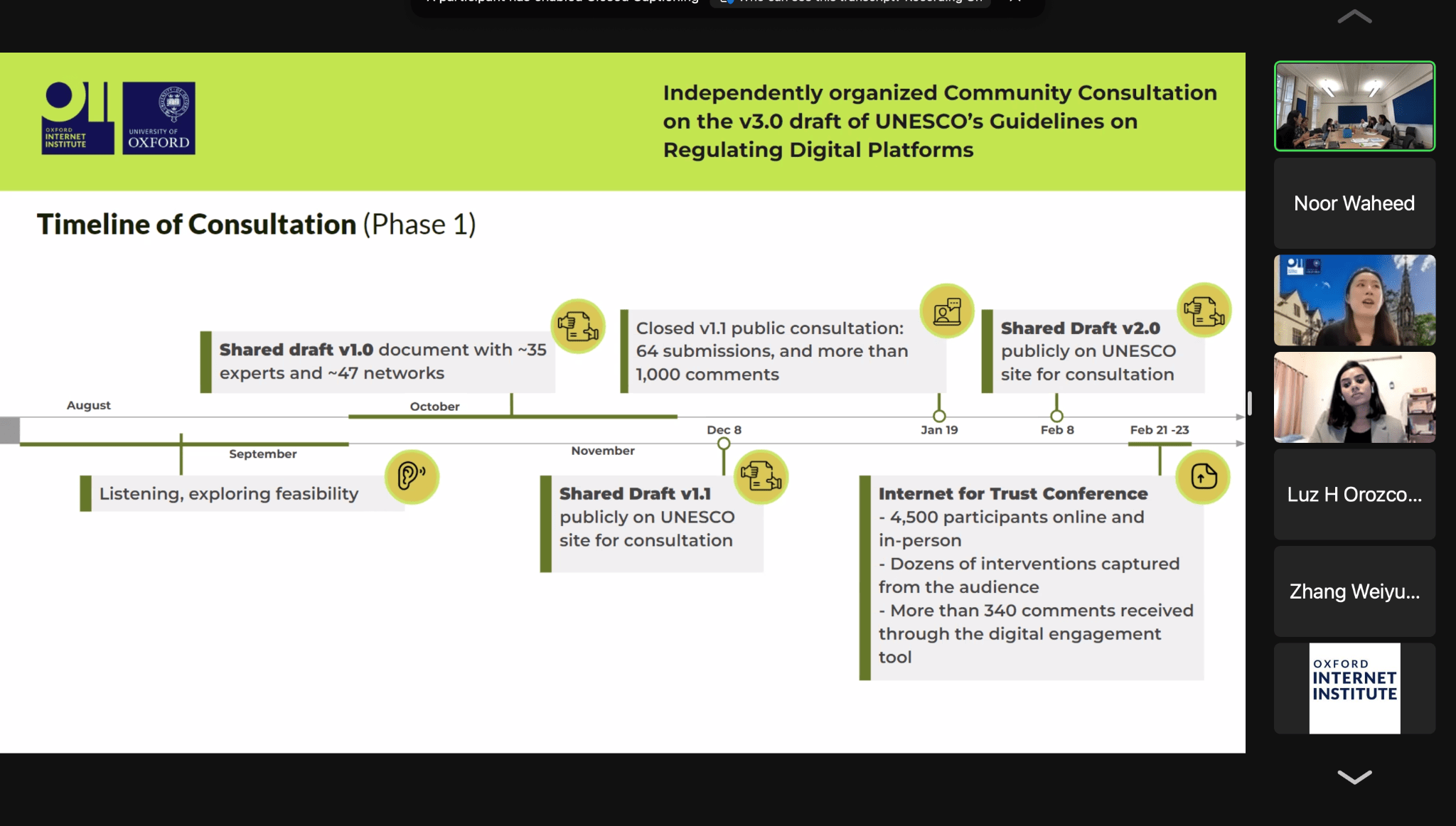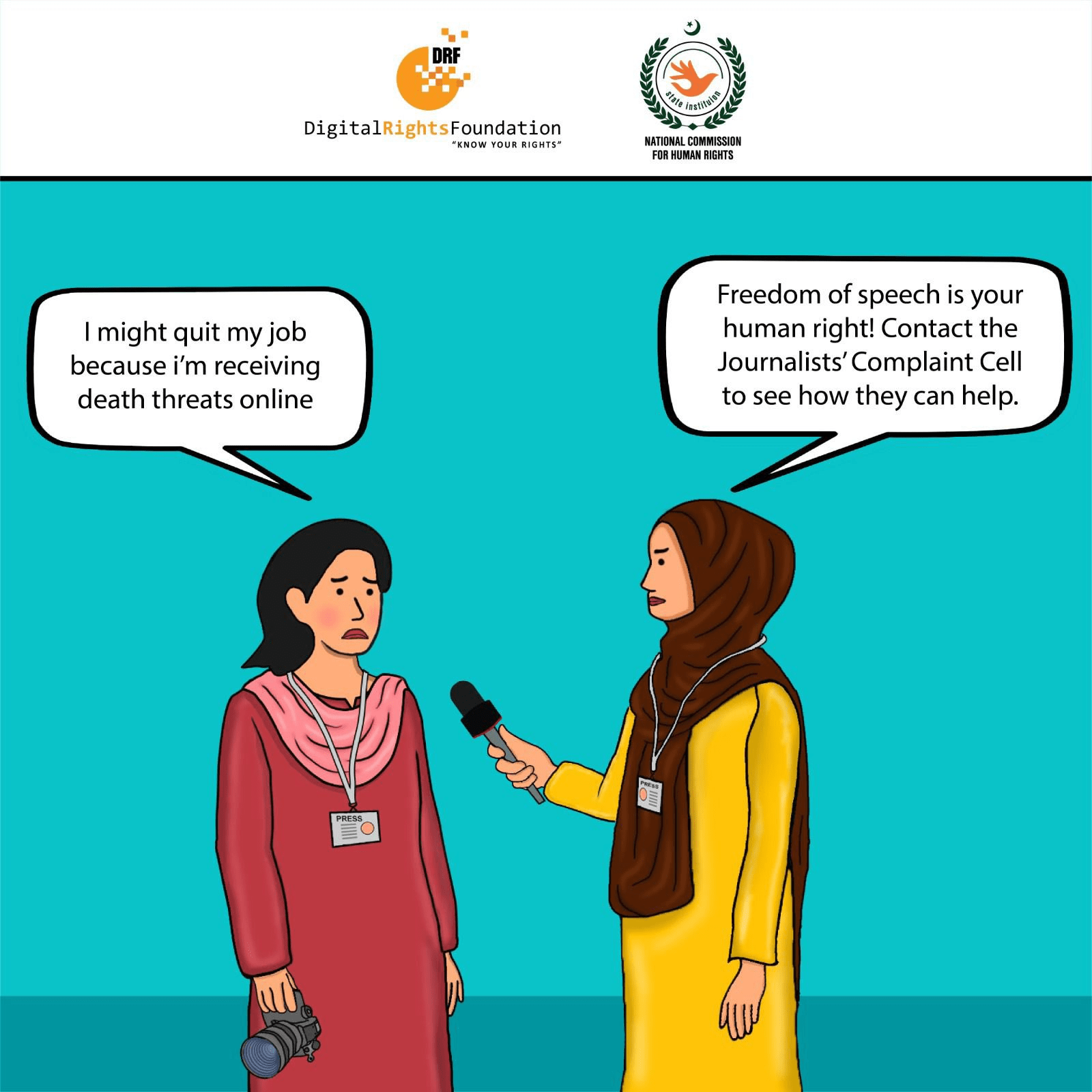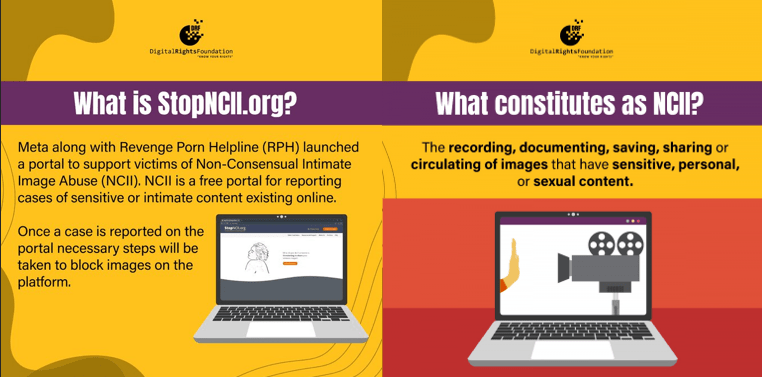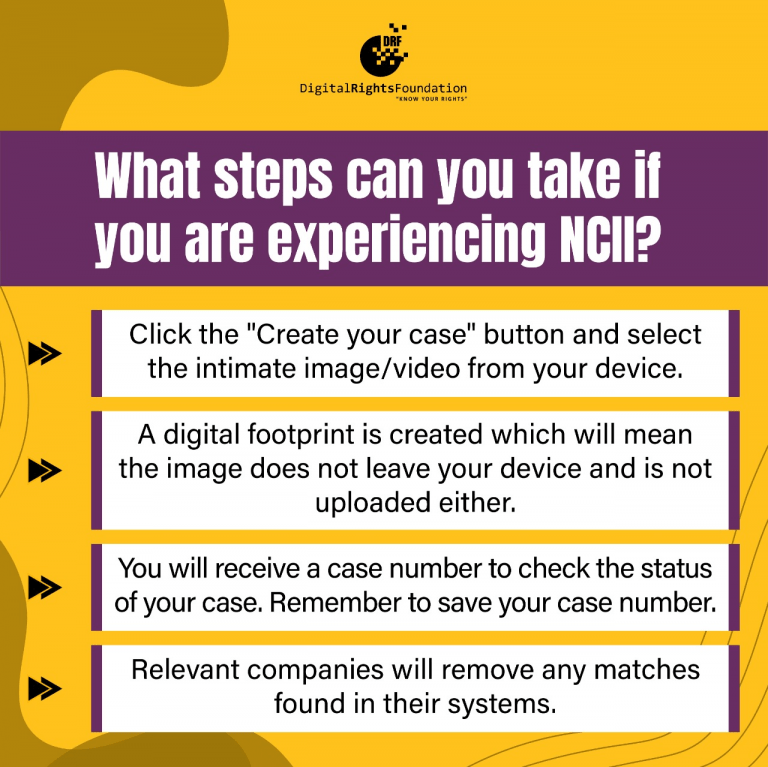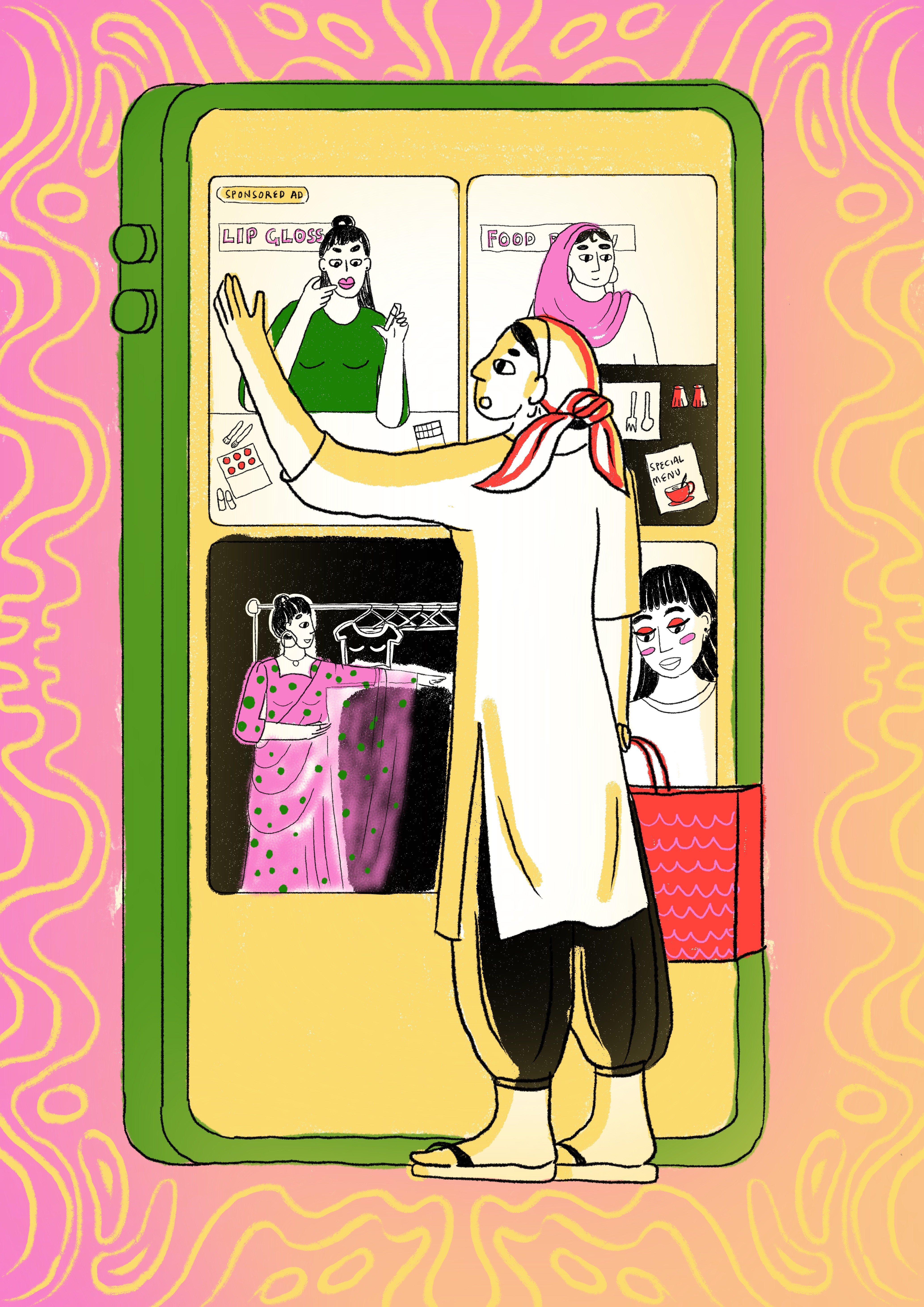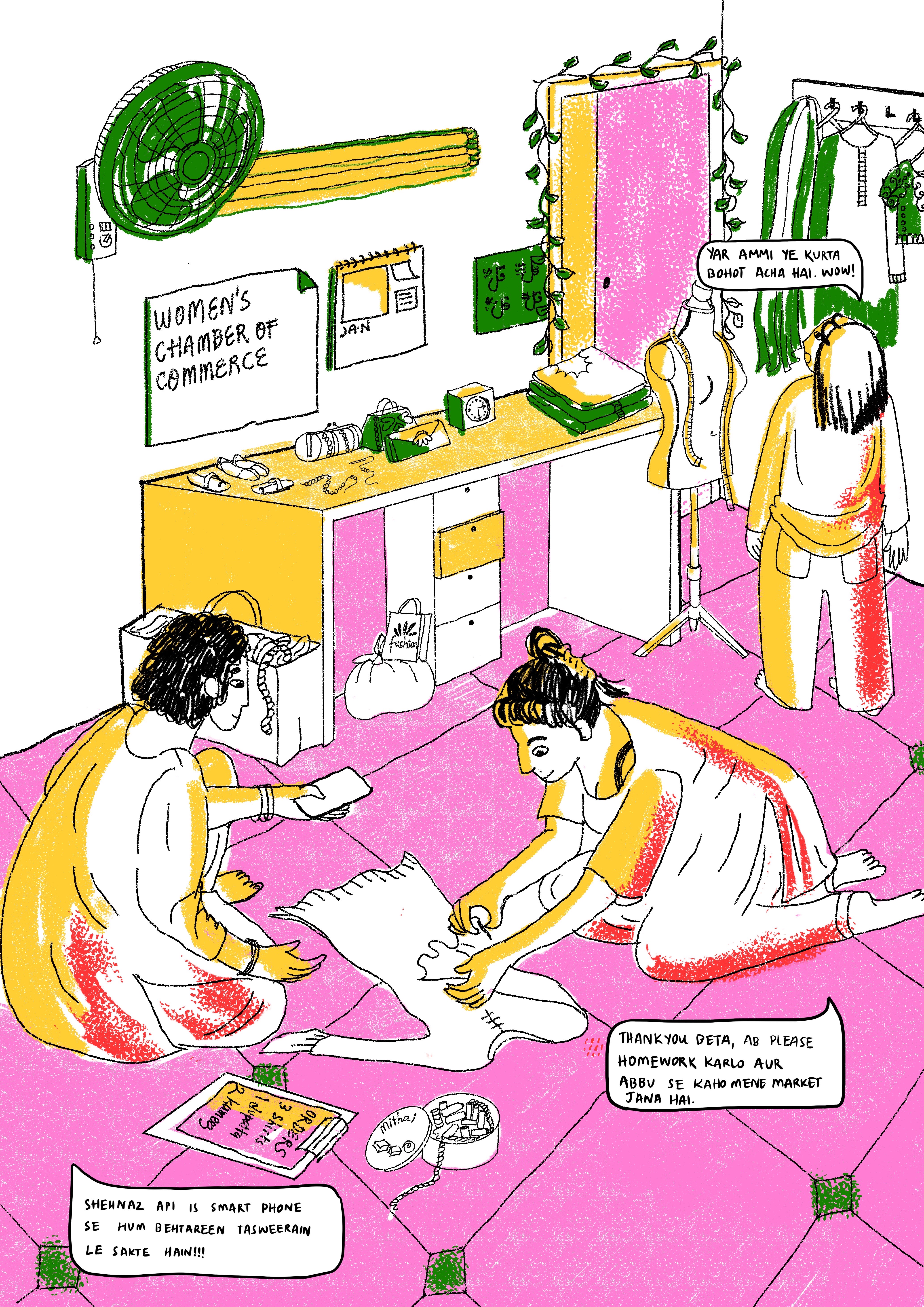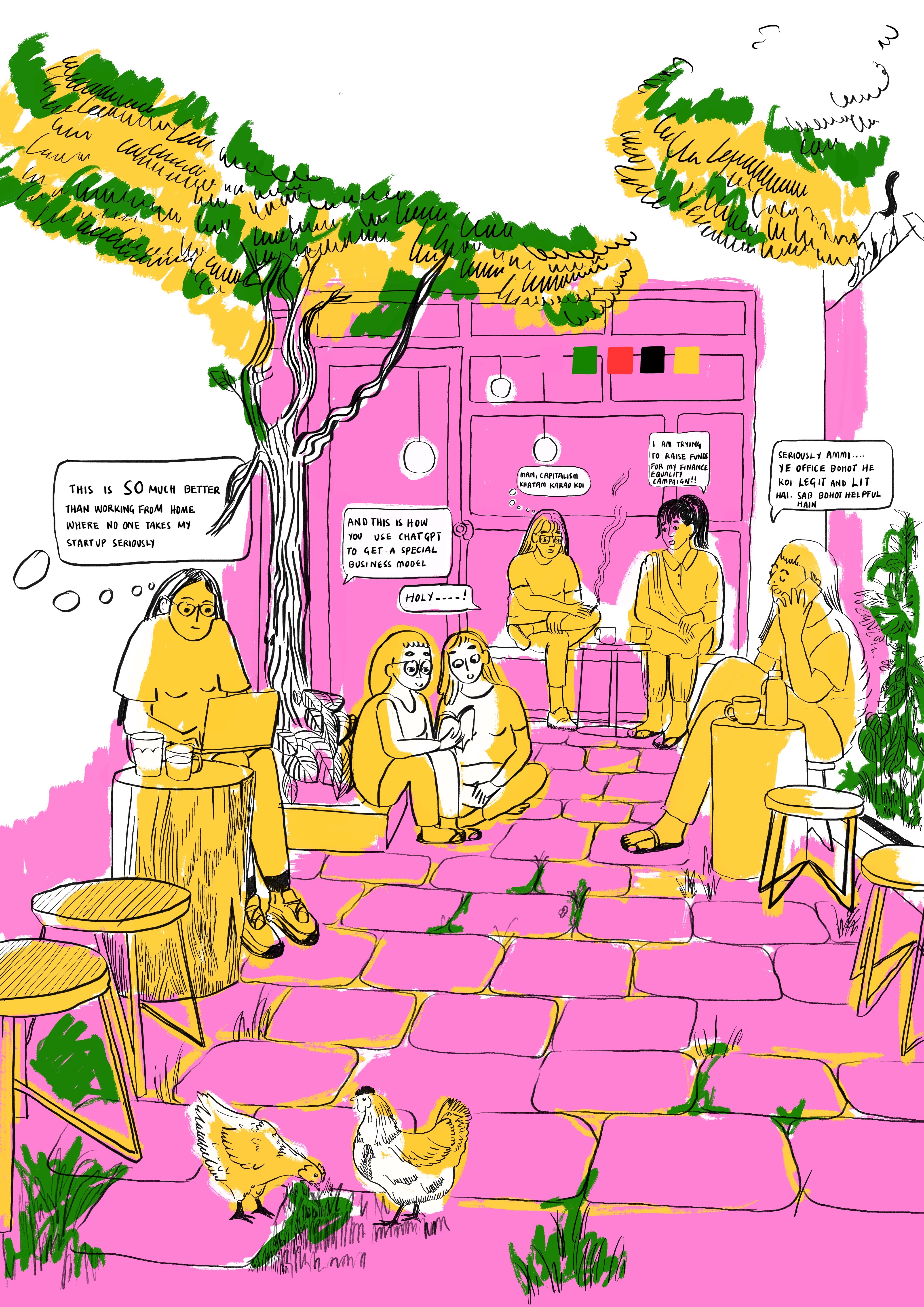Sabin Muzaffar
Women’s participation in economic development is not only critical for their economic empowerment and financial autonomy or exercising their voices and agency; it is fundamental for world economic progress. The Organization for Economic Cooperation and Development (OECD) reveals that if women’s economic participation was equal to men, it would add up to USD 28 trillion or 26 percent to annual GDP in 2025 when compared to a business-as-usual scenario – with this economic potential being the highest in developing countries.
Keeping this in mind, the importance of the digital revolution vis-à-vis economic empowerment and financial independence cannot be emphasized enough. The 21st century bears witness to epic socio-economic and political evolutionary transformations as well as upheavals – all thanks to the fourth industrial revolution or in other words technology. From the rise of digital social platforms that initiated the epochal Arab Spring or Women’s March to the dawn and boom of digital gig economy; the role of technology has been monumental.
While the tech era has indeed enabled women’s participation in modern labor markets, women’s work – be it in traditional landscape or the digital realm – has been marred with equally monumental challenges stemming from structural and systemic biases and inequalities to name but a few. These include and are certainly not limited to lower bargaining power, lower wages, unregulated work, digital illiteracy, harassment, and gender-based violence, or availability (mostly) of ‘feminized’ line of work such as data entry, sales, marketing, and communication as well as non-inclusive, unrepresentative policies to even in-access to tech/digital devices etc.
Juxtaposed, both the real world and its parallel reality present the same obstacles, amplifying social inequalities and therefore further reinforcing a feminization of poverty.
Women’s Labor in Traditional Markets
Existing data especially across the Global South paints a dismal picture as far as women’s participation in national economic activity is concerned. According to a 2020-2021 Labour Force Survey (LFS) conducted by Pakistan Bureau of Statistics: “Unemployment rates for women are higher than men in all provinces. The LFS 2020-21 results depict that Employment to Population Ratio (EPR) and Labor Force Participation Rate (LFPR) is also having the same pattern i.e., higher for male than female in all provinces.” (See Table 1)
Table 1: Key labor markets indicators by sex and provinces

(Source: Pakistan Bureau of Statistics)
In the neighboring country, India, news reports suggest, growth especially in women’s labor force participation appears to be stagnating, “India’s notoriously low women labor force participation rate (LFPR) seems to have stagnated, data from the Periodic Labor Force Survey (PLFS July 2021-June 2022) shows 29.4 percent of women (aged 15-59) were part of India’s labor force in 2021-22, as compared to 29.8 percent in the preceding year. In contrast, men’s LFPR improved from 80.1 percent in 2020-21 to 80.7percent in 2021-22.”
Moreover, as far as women’s participation in formal and informal labor workforce is concerned, evidence demonstrates that a huge chunk of informal workers are women. A 2019 IMF working paper titled ‘Informality and Gender Gaps Going Hand in Hand’ stated that more than 90 percent of countries in sub-Saharan Africa (SSA) women are disproportionately over-represented in the informal economy. “The average share of informal employment of women in the non-agricultural sector in SSA is 83 percent while for men, the share is 72 percent.”
The Pakistan Labor Force Survey 2015-2016 showed that 74 percent of informal workers were women. Expressing her views for an Oxfam blog, writer Hadia Majid revealed: “Seventy eight percent of nationwide non-agricultural jobs are in the informal economy, some 22 million people are in such roles and the majority of them are women. The majority of an estimated 8.5 million mostly unregulated domestic workers, are also women.”
In the labor landscape what this data ascertains is a persistent feminization of poverty triggered through lack of access to opportunities in modern markets and formal labor. What informal labor entails is an employment without any social protection. Especially in underdeveloped or developing countries like Pakistan – no real policy or regulation is in place as far as home-based, read informal, workers are concerned. It must be noted that Pakistan has yet to ratify ILO convention C177 Home Work Convention, C189 Domestic Workers Convention among many others.
Marginalization occurs through gender-based labor and occupational segregation, women performing the double shift: work outside the home coupled with the burden of care work, and restrictions due to social norms to begin with. This coupled with women’s lesser negotiation/bargaining powers, lower wages and benefits compared to men relegates the female gender to the lower ranks in society, disempowering them socio-economically.
Women’s Footprint in The Digital World of Work
It is true that technology has played a unique part in disseminating mis- as well as disinformation, encouraging a world that is polarized, generating another level of hate and what have you. That said and to reiterate, the fourth industrial revolution has been pivotal in enabling women and the marginalized to be heard on a global scale, offering access and opportunities; thereby facilitating empowerment.
Gig economy with all its digital extensions including platform economy has not only flourished over the last one decade, but it has also embraced and welcomed women into its fold. A new, more inclusive, digitally mediated work eco-system has been built and is ever evolving. It is in fact upending traditional work, labor, and employment modalities. More and more consumers as well as companies big and small are seen relying on digital labor platforms such as Upwork which boasts over 12 million freelancers in a wide array of professions.
Talking about her experience, Asra Rizwan Khan, a Learning Experience Designer based in the US, said: “I got my first freelance gig at 19 through a classified newspaper. It was long before we had the communities and mentors we now have. I switched between writing and developing websites for small businesses. I was focused on making enough to support my education and personal expenses so unknowingly lowballed my pricing and expectations. When I saw the value creation, I became more mindful of the projects I chose and how they will help me after I graduate.”
“Ten years later, having a freelance career has helped me transition between full-time roles, a startup, and a move between the continents. It helped me find my true calling too. When I started, it was mostly a side hustle, but it is now sustaining me full-time that the hiring market is struggling. Freelancing is not a get-quick-rich scheme, but it really pays off with the endless possibilities the internet provides. It has helped me find community, mentors, and access to global opportunities I would never have imagined coming my way. Being able to choose my own hours have helped me be there for the elderly and the babies of the family. Of course, the best part - it made me financially independent,” Asra concluded.
Lareeb Tariq, a Marketing and Communication Consultant based in Pakistan, views gig economy as ushering an era of opportunities for the Pakistani woman. She opined: "The onset of technology and gig economy has opened opportunities for many women in Pakistan. A lot of females in my circle are contributing to their household income by working online. The space has addressed the needs of women who cannot go out of their homes (because of gender norms and patriarchal standards) but are talented enough to earn a living online. I hope this penetrates and helps women living in the rural areas of Pakistan.”
It is not untrue to claim that women have always been huge part of the gig workforce, especially when it comes to services such as care or domestic work. In addition to this, there is no denying the surge of women’s participation in modern labor markets as well as diversification of occupation primarily due to ICTs and technological advancements. This can be attributed to flexible work models, a higher degree of autonomy and self-sufficiency as well as supplemental income apart from full time jobs and other economic activity.
Talking about her experience, Bridget Kezaabu, an SRHR advocate from Kampala, Uganda said: “Access to technology has given me a chance to enroll for work and study opportunities online while at the same time be within my family’s reach.”
Gig Economy: The Rising Vortex of Challenges?
From being a leaping board to kickstart careers or re-entering the workforce, women have found gig work enabled by digital labor platforms an attractive source of employment and income.
Hira Saeed, Founder and CEO of CaterpillHers (digital platform and accelerator that helps women and trans individuals build and scale their businesses and careers through cohort-based acceleration programs, coaching, community, and work opportunities) and Koi.work (a platform that upskills and enables vetted talent acquisitions for remote-first businesses), shared her perspective focusing the local landscape: "The gig economy in Pakistan has the potential to serve as a stepping stone for women's career development. It offers flexible remote work modalities that bridge the gap between paid and unpaid work, allowing women to balance their caregiving responsibilities with financial independence. A very important balance that is often overlooked in a conservative society like Pakistan.”
Adding, she said: “With our work at CaterpillHERs and Koi.work, I have found out that women's empowerment and autonomy go hand in hand with women's active participation in the economy. By engaging in gig work, freelance opportunities and remote work, women gain a sense of control over their time, finances, and career trajectory. However, to truly empower them, it is also essential to foster effective bargaining power and ensure fair compensation and working conditions as well.”
Agreeing with Hira and also pointing out other huge impediments to Pakistani women’s participation in digital labor platforms, Faiza Yousuf, Founder - WomenInTechPK, Cofounder - CodeGirls, CaterpillHERs, and Koi.work said: “Even though we have fantastic success stories of Pakistani women in the gig economy, we still see that these freelancers are mainly restricted to urban and semi-urban areas. Women from rural or marginalized communities neither get access to learn digital skills nor to work on freelancing platforms. Reasons may include no power or internet infrastructure, illiteracy, no access to skill-building programs, inability to afford devices, and restrictions from male family members, as they consider the internet unsafe and don’t want women to interact with strangers online. We have even encountered instances where women can’t have a social media account with their own names, as men in the family don’t allow that. Also, when women start to work as freelancers, being able to open a bank account, find time to work while carrying care work responsibilities, and not having a support network around them can be demoralizing.”
Access to the Internet and digital literacy are major roadblocks, while the former impacts people across the board, the latter disenfranchises women. And this situation intensifies in rural, remote, or far-flung regions where social norms are steeped in patriarchal belief systems in addition to poor and/or lack of Internet access/connectivity.
“In Gilgit Baltistan (Pakistan), people have very poor access to the Internet with relatively better mobile signals in bigger regions like Gilgit and Skardu. There are some opportunities for women at business incubation centers where there are some startups initiated by women for women. Overall, the environment is very challenging for women especially after the COVID-19 pandemic. There are examples of women who are now offering jobs to a number of young people through their online platforms and digital startups. This only happens because of Internet access; unfortunately most of the population do not have access to the Internet,” expressed Sehrish Kanwal, a citizen journalist and a filmmaker, studying media and communication at the Karakoram International University Gilgit, Pakistan.
Indeed, the rise of the digital economy has given power, autonomy and agency to people including women. But views like Sehrish’s are discouraging, painting a not-so rosy picture.
Similar impediments are experienced in other regions across the Global South as well. Mardiya Siba Yahya, Researcher Data and Digital Rights Africa – Pollicy said: “The gig economy is quite problematic with lots of precarious labor practices and alienation especially for Africans. Women in Africa also rarely engage in the gig economy, because of how unsafe most of the tasks and conditions are.”
While women’s participation in digital labor platforms is encouraging when compared to traditional modes of work, experts – for example in India – also claim limited representation of women in gig economy. IndiaToday reported: “India has one of the lowest female participations in working class rates in the workforce across the world, presently oscillating between 16 percent and 28 percent. It is less than half the global average. According to the World Bank Report, women’s participation in India’s formal economy is among the one of the lowest in the world. According to Taskmo Gig Index (TGI) currently women’s participation in the gig economy is around 28 percent despite the flexibility the gig economy has to offer.”
It is true that innovation has not just been about technology, it actually covers and encompasses the world of work with all its work processes and structural changes in enterprises. And this has only been accelerated by the COVID-19 pandemic. With the evolution of business models, there are more challenges to overcome. The ILO flagship report published in 2021 titled World Employment and Social Outlook – The Role of Digital Labor Platforms In Transforming the World of Work – stated: “This new business model allows platforms to organize work without having to invest in capital assets or to hire employees. Instead, they mediate between the workers who perform the tasks and clients and manage the entire work process with algorithms. Workers on digital labor platforms often struggle to find sufficient well-paid work to earn a decent income, creating a danger of working poverty. Many do not have access to social protection, which is particularly concerning during a pandemic. They are frequently unable to engage in the collective bargaining that would allow them to have these, and other issues addressed.” And when assessed from a gender lens, challenges are only but amplified.
The vortex of challenges exists all over the world, especially the Global South and it gains magnitude when looking through a gender lens. They are certainly not new, just technology-enabled, and definitely amplified. Be it the Global North or the South, women gig workers are still earning less than men. Gender biases that exist in real world have seeped into the digital realm, be it Artificial Intelligence or gig work etc.
An ILO research shows that among competitive programmers, one out of 62 respondents was female which again reflects occupational segregation in the IT sector. Moreover, “the app-based taxi and delivery sectors are largely male-dominated. Women comprise fewer than 10 percent of workers in these sectors, and this proportion is even lower in the traditional sectors (below five percent) [as shown in Table 2]. The share of women is considerably higher in some countries, for instance in Indonesia in the app- based taxi sector (13 percent), where female-only taxis are preferred by some female clients to mitigate risks of violence and harassment (Straits Times 2015). In Kenya, where only five percent of app-based taxi drivers are women, some platforms are undertaking special measures to encourage their greater participation, such as priority access to vehicle financing (Taxify). A platform with female-only taxis has also emerged (An-Nisa Taxi),” the report stated.
Table 2: Share of Female Respondents, by Occupation and Country



(Source: ILO World Employment and Social Outlook Report 2021)
Sharing her views about the African region with regards to participation of women in the digital world, Ventura Kireki - lawyer and media consultant in Nairobi, Kenya, said: “There is still more to be done in Africa as the digital gender gap is still present. More men as compared to women use advanced digital services. In the online space, women are still majority of the targets of online gender-based violence.”
“I think equipping women with digital skills could give them tools that will lead to their digital safety. This work is being done. There are so many girls and women-only digital and cyber security programs running in the continent and hopefully it’s a matter of time until this gender gap in the digital space is closed. I’m hopeful,” she added.
A Roadmap to Development
Indeed, the world of work – both the interconnected global and the local – is progressively being redefined and reformed through innovation; there is still much work to be done to fully realize a socio-economically, sustainable, empowered and inclusive society.
While grassroots organizations like XWave, CodeGirls, CaterpillHERs, WomenInTechPK, and Circle in Pakistan, WolTech in Tunisia or Evolution360 in Bangladesh and many others; are enabling the youth – especially women – as far as the future of work is concerned and as Faiza Yousaf said, “(they) are trying to chip away at the problem but we need a better strategy to join forces and work for an equitable future for women.”
Development requires public-private partnerships that engage citizens inclusively at the grassroots level and enable access to gender responsive skills-building and digital literacy, including online safety. Laws and regulations focusing the digital world of work, which have consistently been a bane for technologists, consumers, advocates alike, need to be representative and inclusive – not to mention implementable.
The only way to avoid pitfalls and obstacles of an ever-evolving, complicated digital world, which at the same time possesses immense potential and opportunities not for one but all, is for stakeholders to collaboratively discover and innovate solutions and practices that are not a one-size-fits-all!
A building block of sustainable development, gig economy and by extension digital platforms can most certainly augment women’s economic empowerment. But only through a reformation of traditional work/labor legacies as well as subverting pervasive and implicit norms. This would only be the beginning, a pathway to development.













